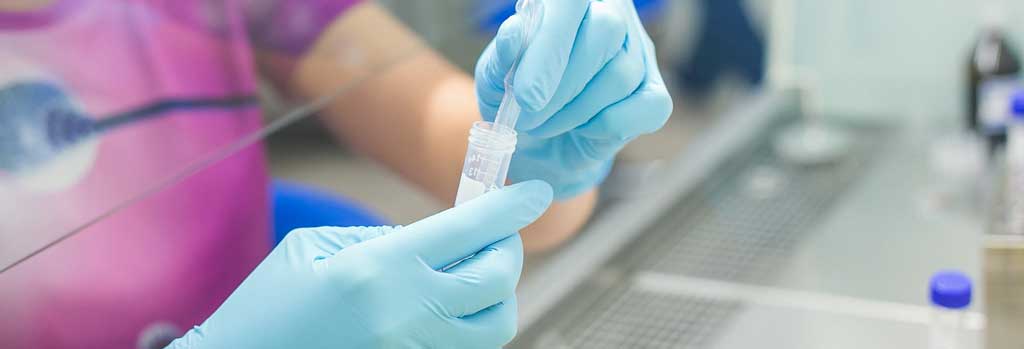
For centuries, infertility has been seen as a death sentence. Everything changed when Robert Jeffrey Edwards developed the innovative IVF technology. The essence of the method lies in the fact that fertilization does not occur in the body of a woman, but in the embryological laboratory of the medical center. In the decades that have passed since the birth of the first person conceived in vitro, the list of indications for IVF has greatly expanded, and the chances of pregnancy have increased markedly.
Indications for IVF
< br>Initially, IVF was intended to help only patients with tubal-peritoneal infertility factor, when due to obstruction or dysfunction of the fallopian tubes, the egg is unable to move towards the uterus. Now there are a lot of indications for the procedure:
- the late age of a woman, when the quality and quantity of eggs in the ovaries sharply and significantly decrease. Thus, the chances of pregnancy are rapidly declining, but at the same time, the risk of having a child with chromosomal abnormalities is no less rapidly increasing;
- endocrine diseases, if other methods have not given a positive effect;
- idiopathic infertility, when a thorough examination did not reveal the causes of problems with the onset of pregnancy;
- male factor infertility. In this case, the IVF-ICSI program is recommended, when the embryologist selects the best spermatozoa and inserts each of them inside one of the oocytes using microinstruments;
- high risk of having a child with a monogenic disease. In this case, as part of the IVF program, embryos are tested before being transferred into the uterine cavity. As a result, only those in which genetic abnormalities have not been identified are transferred;
- poor quality or absence of germ cells. The IVF program with donor eggs or sperm will enable patients to become parents;
- contraindications to pregnancy and childbirth. The surrogacy procedure will help even if the woman does not have a uterus or has very severe somatic diseases.
Any IVF program in Moscowand other cities of Russia, it is carried out only if there are indications and after an examination, the volume of which is regulated by the Ministry of Health of the Russian Federation.
IVF effectiveness
The chances of pregnancy in one IVF cycle are about 50%. To increase the effectiveness of the program, modern reproduction clinics:
- use high quality equipment (IVF workstations, embryo culture incubators, microscopes and micromanipulators, cryostorages) and consumables;
- apply innovative methods and technologies. So, at the first stage of the procedure, personalized ovulation stimulation can be performed, and in the IVF-ICSI program, PICSI technology is often used for a more thorough selection of spermatozoa.
In conclusion, I would like to note that assisted reproduction is one of the most dynamically developing areas of medicine. The effectiveness of the program will continue to increase constantly, allowing millions of infertile couples to become parents.
The article was prepared by the specialists of the Family Planning Center Nova Clinic.
